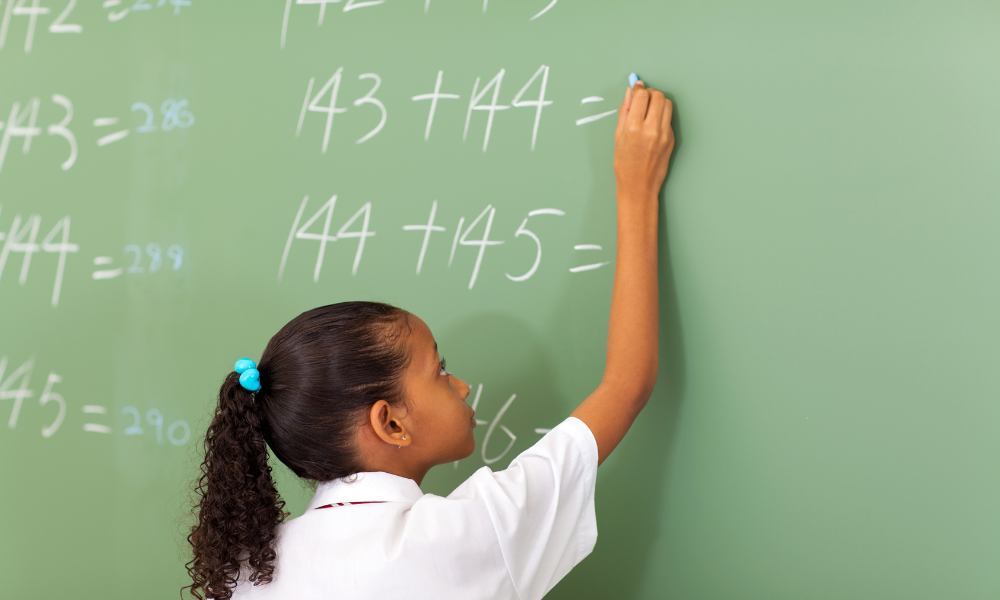
A new study shows Australia’s maths results are being dragged down by underprepared primary school teachers, ineffective teaching methods, and deepening inequities—leaving too many students without the strong foundations they need to succeed in school and life.
In a 2023 international maths test, just 13% of Australia’s Year 4 students excelled, compared to 22% in England and 49% in Singapore.
A recent Grattan Institute survey of 1,745 teachers and school leaders across the country found some teachers lack confidence to teach Year 6 maths, and many have concerns about their colleagues' ability to teach maths.
On Sunday, the Institute released a major report off the back its survey proposing a 10-year national strategy focused on evidence-based teaching, stronger teacher training, quality curriculum resources, and clear goals to lift student achievement and restore confidence in maths education.
‘Maths has been deprioritised in Australia for decades’
The report’s lead author and Grattan Institute Education Program Director Jordana Hunter said maths has taken a backseat in Australian education, no thanks to procrastination from governments to rule out “faddish but unproven maths teaching methods”.
“To turn rhetoric into reality, governments need to take seriously the evidence base on how humans, including children, learn maths most effectively,” Dr Hunter said.
The Institute’s report says the biggest opportunity to lift maths achievement starts in primary schools.
“Maths is highly cumulative, so it is imperative that primary schools teach maths well and lay down strong foundations for future success,” Dr Hunter said.
“Most primary teachers are expected to teach maths, but not all have the maths knowledge, confidence, and training to teach it well. This isn't fair for students. And it's not fair for teachers either.”
Dr Hunter said there are “proven strategies” to turn this around.
“Some schools have already put these in place. By implementing explicit and systematic teaching, effective catch-up support, and high-quality professional learning for teachers, students at these schools are making fast progress and teachers feel successful,” she said.
“All primary students and teachers deserve to experience that success.”
To get there, the Institute says governments, along with the Catholic and independent school sectors, should commit to a “10-year Maths Guarantee strategy”.
“First, they should commit to a long-term aspiration of 90 per cent proficiency in numeracy, as measured by NAPLAN,” Dr Hunter said. “Second, they should ensure schools have clear guidance on how to teach maths well. Department staff should align on this guidance too.”
The third step, says Dr Hunter, is for governments to “arm” schools with quality-assured curriculum materials and rigorously evaluated assessments.
“Fourth, they should invest in high-quality professional development to support teachers and school leaders to implement best practice in their classrooms,” she said. “Fifth, they should improve monitoring and oversight through stronger school reviews and the introduction of a mandatory, research-validated early years numeracy screening tool.”
Dr Hunter said this strategy will require “ambition and commitment”.
“But the costs of these reforms are modest – only about $67 per primary student per year – and affordable within existing budgets by giving maths the priority it deserves.”


